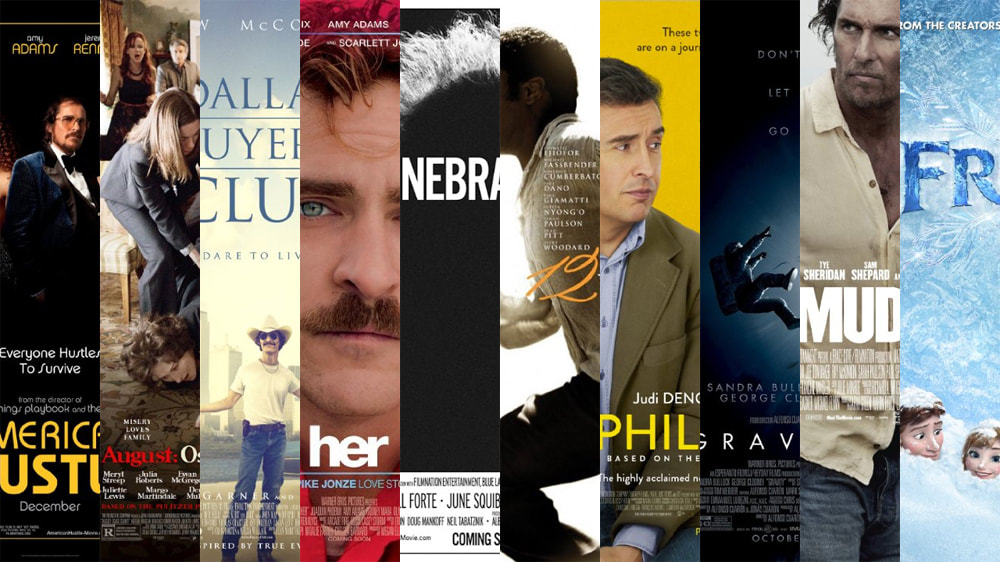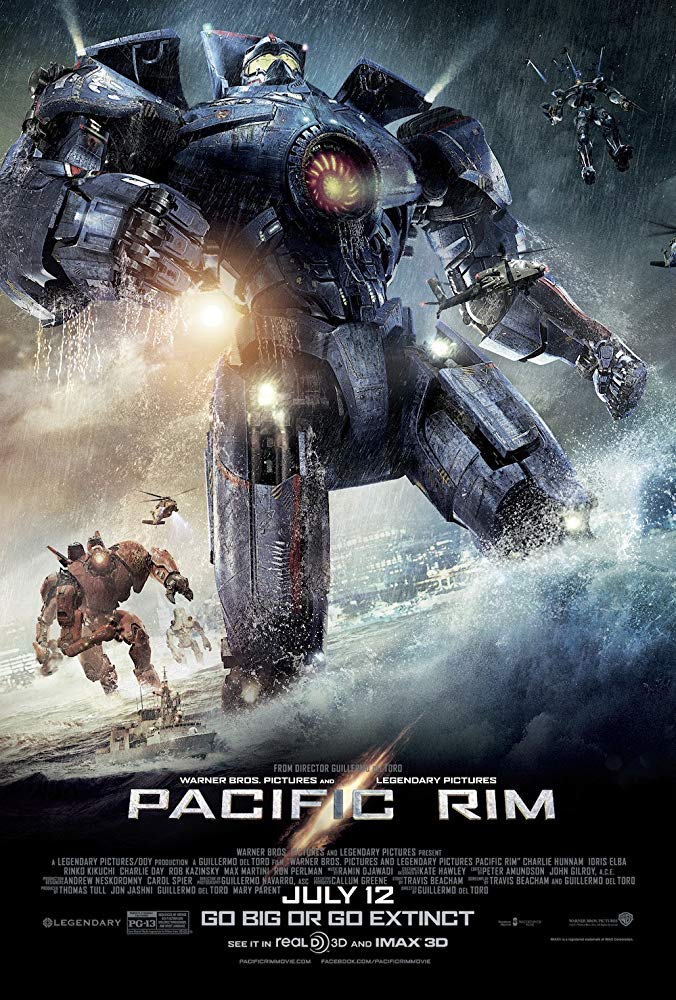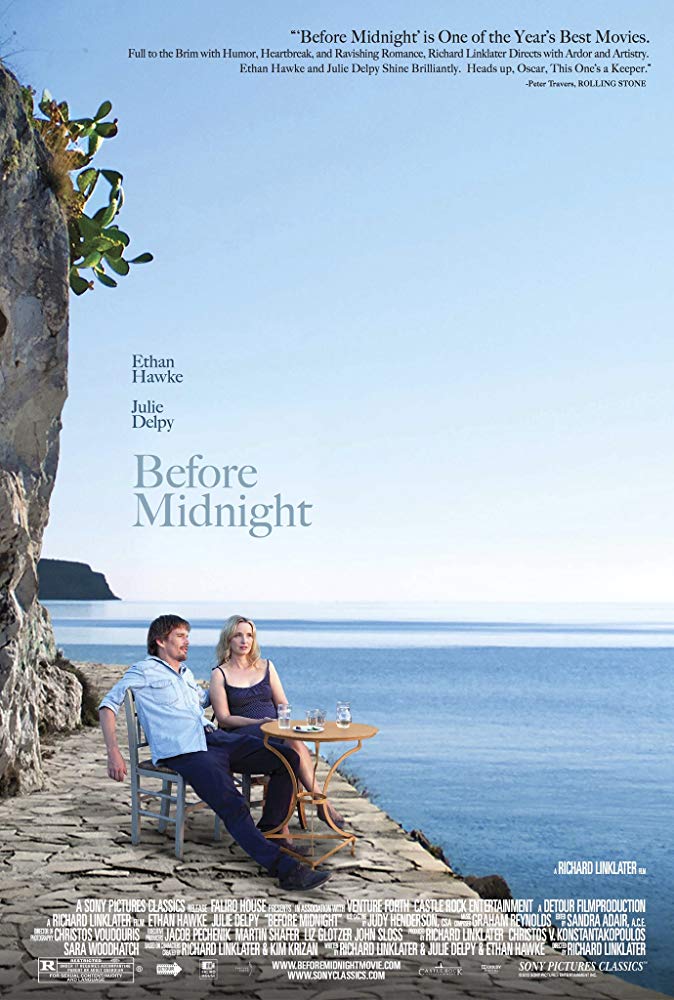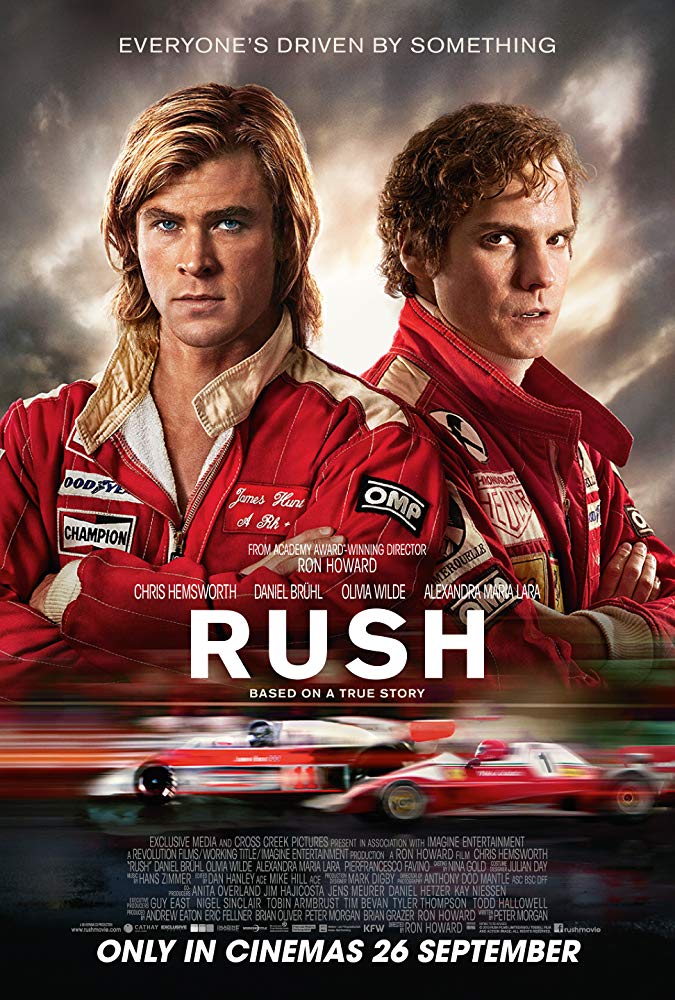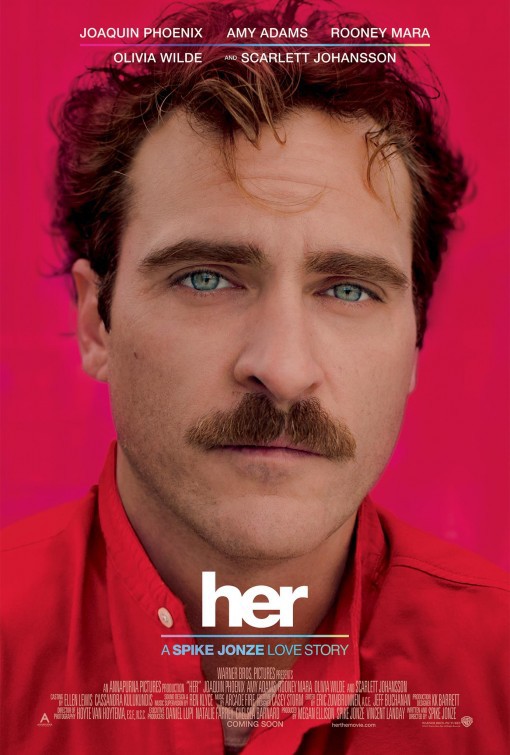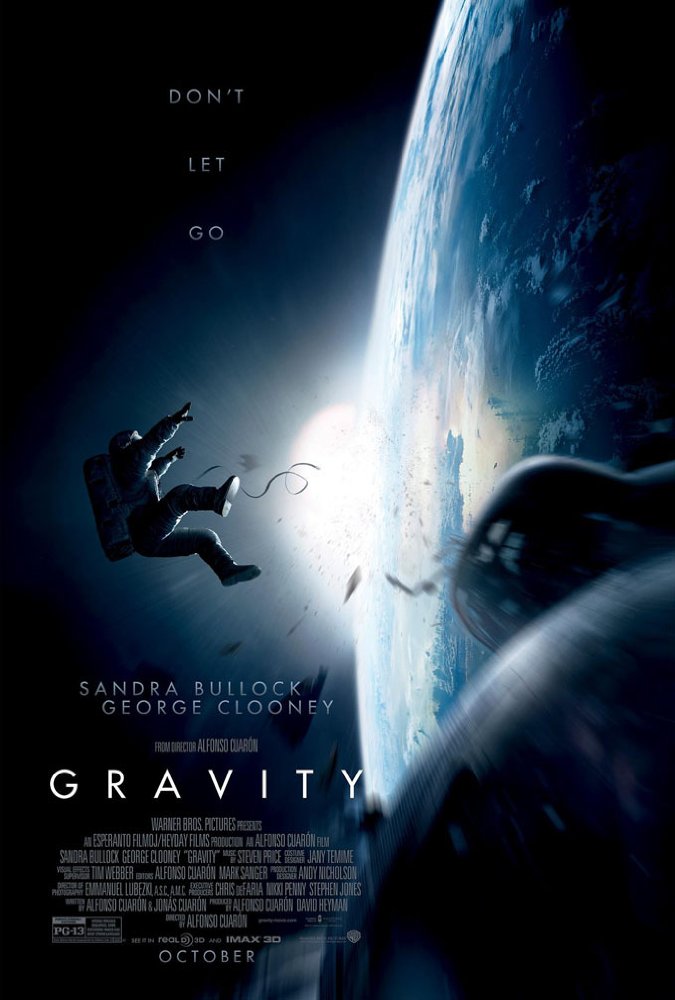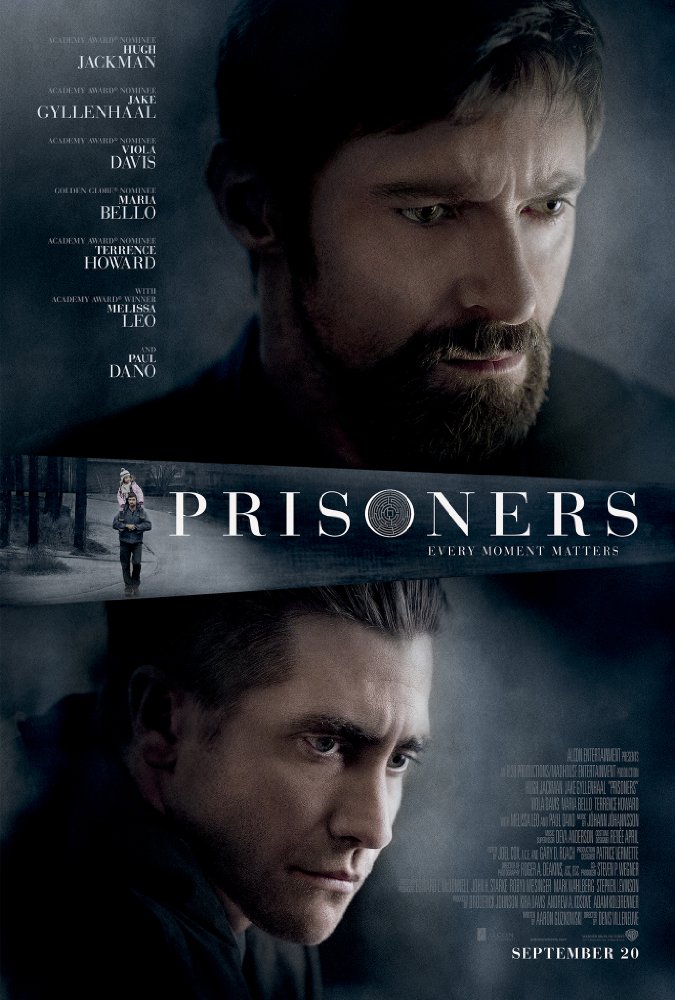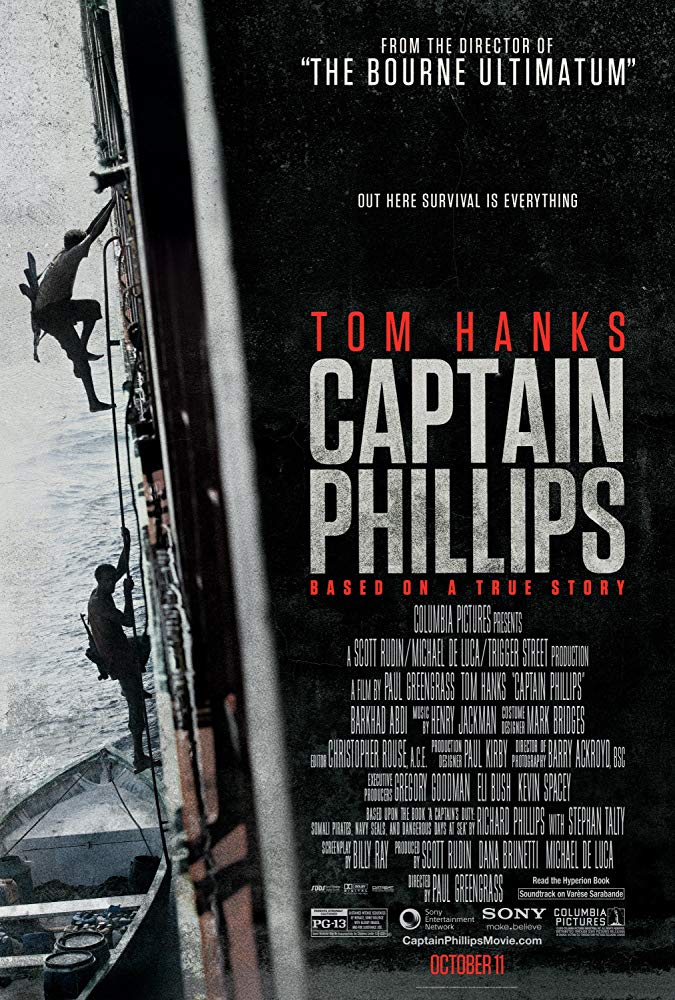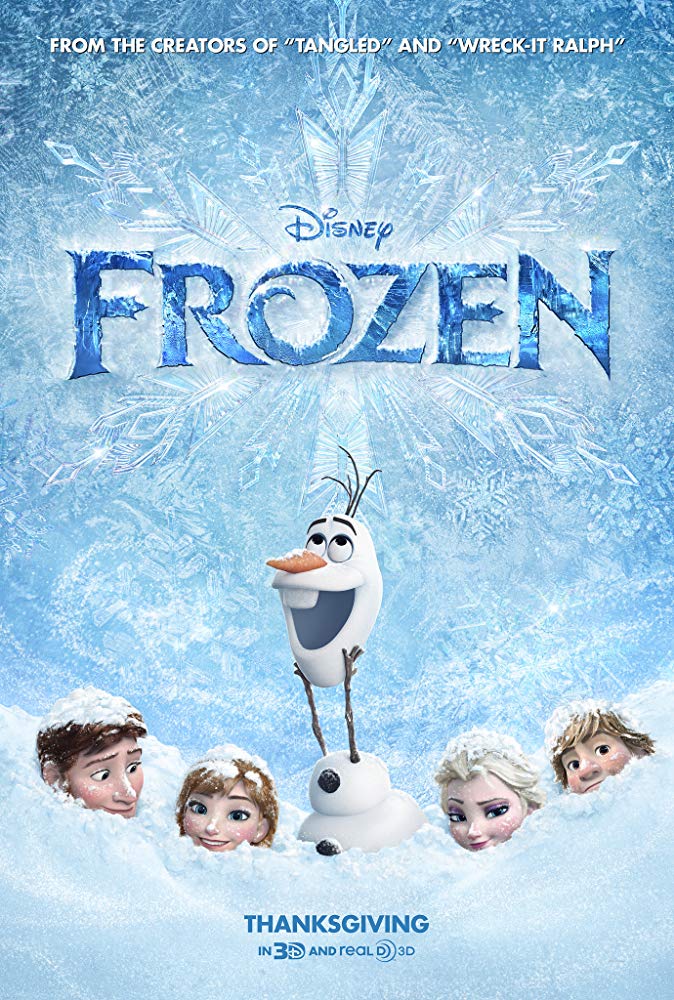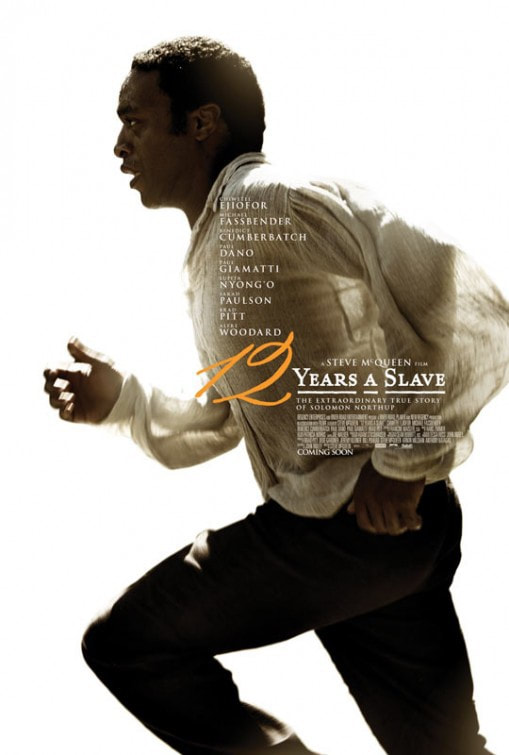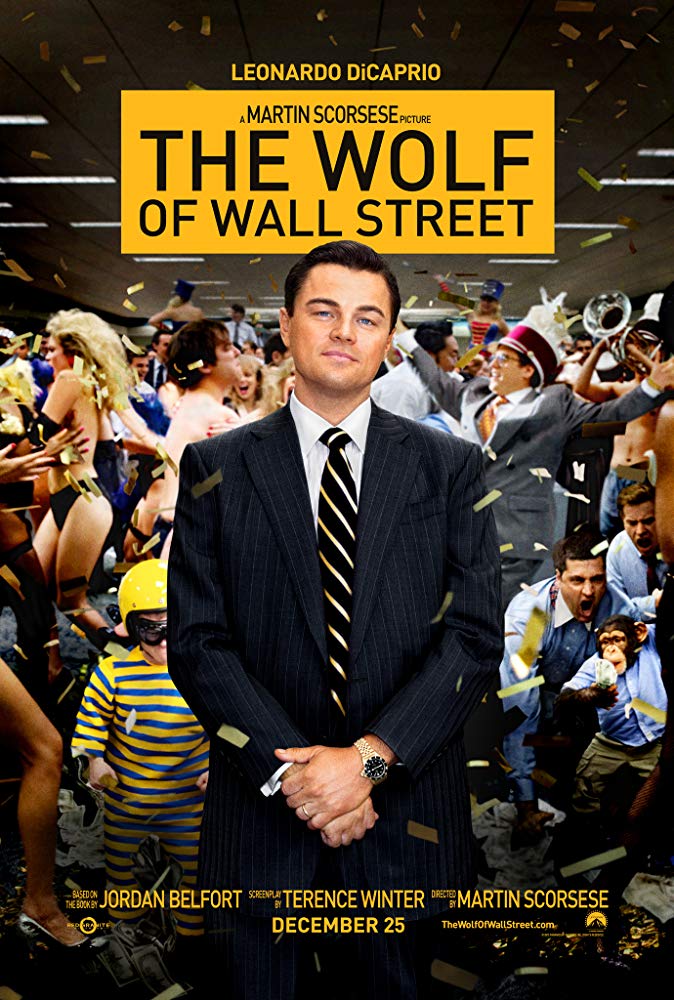|
If we approach this from a retrospective standpoint (which, we will; the whole point of this thing is to be looking back on what movies shaped the 2010s), 2012 marked the first signal that movies, how they were made and put into production, and how they were marketed/how that marketing was approached by both major and independent studios, was about to change forever, altering the course of 21st century blockbuster filmmaking on a scale we hadn’t yet seen before, and not one that we would likely ever come back from again. The Avengers changed everything in that regard, and while there are still plenty of blockbuster franchises that don’t take the “shoot multiple entries at once” approach, for the most part, that’s the new order of the day. So, in that retrospect, 2013 sort of marked the end of the last vestige of a long-running Hollywood era where major blockbuster franchises and tentpole films had to succeed largely by word of mouth after their opening weekends, rather than by viral marketing targeted towards that feeling of anticipation and fear of the ever-dreaded spoiler. And, for the most part, it was a pretty solid goodbye. It wasn’t anything close to a perfect one, but many movies came out that year that not only that reminded us that the master auteurs we grew to love as movie fans would be sticking around for a while yet, but invited us into the 21st century blockbuster landscape with a hopeful heart, and a boundless optimism about the future we were heading towards. This has caused me to look back on 2013 and 2014 as a sort of bridge between the announcement of a major shift in the status quo, and the actual implementation of that shift. For reasons good or ill, movies would never be the same after those two years. So, here are what I thought were the best efforts from the first half of this two-part bridge saga. Here are my Top 10 Movies of 2013. 10. Pacific Rim Many people considered this to be one of Guillermo Del Toro’s weakest directorial efforts pre-Crimson Peak, but if this is really the worst he can do, we’re not appreciating him nearly enough. Future efforts like The Shape of Water would go on to win the director a few long-sought Oscars, and Pan’s Labyrinth is still widely considered to be one of the greatest Spanish-language films ever made, but don’t let his more critically revered projects overwhelm your memory or cause you to miss this wonderfully fun, beautiful looking, inspired action classic. Its self-awareness and full-steam-ahead approach to just having us much fun as it can with Idris Elba giving an inspirational speech at it is about as committed as you can get to a premise like this, and if you like robots or monsters, or either of those fighting each other, then this is well worth your time. 9. Before Midnight Richard Linklater’s Before trilogy might be the single most underappreciated trilogy in the whole of filmmaking, not because critics didn’t give the series the ratings it deserved, but largely because general audiences just have no idea these movies exist. Seriously, if you utter the words “Before Trilogy,” only dedicated movie connoisseurs and a small handful of non-nerds will know what you’re talking about (even among movie nerds, the number is quite small). Linklater took a big, risky swing when it came to the concluding chapter of his trilogy about love and time, forcing the main characters to face the reality of Jesse’s betrayal towards his family in the last movie, and the consequences of that decision nine years down the road. Sure, this makes it the least re-watchable of the three, but it also makes it the most compelling when all is said and done. It’s not very safe to show your audience the “for worse” side of a love story in its concluding chapter, but between the performances, (Oscar-nominated) writing, and direction, Before Midnight is that rare final chapter that you simultaneously hate and love watching, a moving ode to these characters and an honest reflection on the nature and consequences of romantic love. Please watch this trilogy if you haven’t already. 8. Rush Not as many people haven’t seen this as haven’t seen the previous entry on this list, but Rush might well end up being Ron Howard’s most underappreciated gem as well, a reflection on rivalries and how they shape us to be better at what we do, how they drive us towards something greater that we might otherwise be unable to achieve. Daniel Brühl (Captain America: Civil War) would come into further prominence with this film after his role in Tarantino’s Inglorious Bastards, and his supporting performance, playing against Chris Hemsworth (in one of his more dramatic roles outside the Marvel Cinematic Universe), is one of the most underrated of the decade as a whole. The Formula 1 racing scenes are exhilarating as well, and showcase the differences between Hemsworth’s instinctual driving style and Brühl’s disciplined approach to the sport exceedingly well. Check this one out if you haven’t yet. 7. Her Before 2013, I had no idea who Spike Jonze was, much less what he was capable of as both a writer and director. Her feels so wholly set apart from other sci-fi films, it might as well have its own cinematic universe. The very notion of a man falling in love with his operating system was so bizarre to me, and the film’s 94% score on Rotten Tomatoes at the time so intriguing, that I had to see for myself just what everyone was going so crazy over, and what I saw might be the greatest treatise on what makes human beings human since…well, since ever, at the time. Absolutely, the premise is so out there and unwieldy, it’s hard to imagine who could possibly make it sincere, but Jonze had Joaquin Phoenix (one of the most underrated and unfathomable talents of his generation) in his back pocket, and by the end of the film, we all had something in ours too: the tissues from the tears we were shocked into shedding. This movie has one of the most poignant endings I’ve ever seen, something so profoundly sad, yet strangely hopeful, I wasn’t sure whether it was a tragedy or not. I don’t think it is, but every time I come back to this one, I kick myself for not doing it more often. 6. Gravity The way that you see this movie makes all the difference here. When I first saw it, I thought it was just okay, and the idea of watching Sandra Bullock immediately use up most her oxygen (despite being an astronaut who should know this stuff) can be annoying, but Gravity is much more about the technical aspects than it is the other ones, and this movie is a technical masterpiece, with visual effects, editing, a score, sound design, cinematography, and direction that won it seven Oscars. After seeing it on a much clearer screen with a better sound set-up, I was overwhelmed by just how beautiful everything I was looking at really was. Alfonso Cuarón is a master filmmaker, and if the mainstream public didn’t go see his 2006 masterwork Children of Men, they found out with Gravity. 5. Prisoners Mainstream audiences may have discovered Cuarón as a master filmmaker with Gravity, but around the same time, film enthusiasts like myself and many others were being introduced to a new name that would become synonymous with great filmmaking: Denis Villeneuve. After this, the director would go on to make Sicario, Arrival, and Blade Runner 2049, all three of which made my top 10 in their respective years, but in 2013, Prisoners shocked the cinematic landscape with its dark, grisly portrayal of how a child kidnapping pushes a father to his breaking point, and the performances by Hugh Jackman and Jake Gyllenhaal, as well as the impeccable cinematography by Roger Deakins, announced to the world that Denis Villeneuve was here, and he was here to stay. 4. Captain Phillips Paul Greengrass hadn’t really struck gold in a little while before making this movie, and in many ways, 2013 was a year for master filmmakers and studios to either announce their arrival or their full-on resurgence (more on that later). I saw Captain Phillips for the first time in a little movie theater in Florida, while on vacation in Destin, and I never forgot it. Many a tale has been told about the fabrication of this story and how the real Captain Phillips was actually a pretty huge asshole who would never have traded his life for those of his crew, but legitimacy or not, this Tom Hanks thriller was one of the most intense rides of the year from the word “go,” and the casting of now Oscar-nominated Somali actor Barkhad Abdi (who had never acted before this movie) as the main pirate antagonist to Hanks’ Phillips was a stroke of genius on the part of the casting department. More than a few still contend that Tom Hanks should have received his own nomination for this movie as well, and while that’s all water under the bridge now, it’s hard to watch the final five minutes of this movie and not think the same thing. 3. Frozen Whether Tangled or Frozen is the better movie largely comes down to what you consider the missions of each of those movies to be (especially if you consider both missions the same), and how well each of them, in their own respective ways, accomplishes that mission. But while Tangled certainly opened the doors for Disney animation to experience a resurgence in prominence and cultural impact, I’d argue that Frozen is the movie that kickstarted that resurgence, and the legacy of that kickstart is why it lands so much higher on this list than it otherwise would have in its own day. Frozen was that Broadway-musically-styled feature that Disney needed to get back on top of the animation medium, and the music from the movie (as way-too-long as it may have lasted, being sung at every birthday party, Christmas gathering, and family get-together on the docket for about a year and a half) created a cultural impact so massive, the desire to push the marketing way past where it probably needed to be is completely understandable considering how few kids were still on the Tangled hype train at the time. Yes, obviously pop culture (and especially film culture) at large turned against it once everyone figured out you could acquire more likes and retweets by disparaging it instead of praising it (as with every major blockbuster hit that appeals to a large variety of the masses), but the fact is, Frozen was (and still is) a great movie in its own right, and hit just the right spot for both the studio’s storytelling needs and family audiences at the time. Whether or not Tangled is the better movie is irrelevant when considering it came out 3 years prior, so it wouldn’t have made this list anyway. I don’t consider the mission of Frozen to be the same as Tangled’s, and I don’t think Disney did either, so please, let’s put the Tangled v. Frozen war to bed. And let’s not resurrect it when we’re all about to check out Frozen II…please? 2. 12 Years a Slave Schindler’s List is my favorite movie of all time. That may sound strange to a good many people, but it’s true. I remember and consider that film to be the definitive movie about the Holocaust (at least as much as any one film can be), and its impact on me was unceasingly enormous. It’s with me to this day. I imagine many future movie enthusiasts, growing up and discovering their love of cinema, will have a similar reaction to this movie, which was Steve McQueen’s last arthouse film (at least for a little bit) before he dove headlong into the mainstream with last year’s Widows. 12 Years a Slave is every bit to American slavery what Schindler’s List was to the Jewish portion of the Holocaust, and while some shots may linger a bit too long, and some scenes may feel overly self-serving (hello, Brad Pitt cameo), the no-nonsense, “this is what it was like” approach to depicting the American south and how it treated black people during one of the most despicable time periods people in this country have ever tried to claim pride in (and no, it’s not fucking “heritage”-based pride, it’s just racism) makes McQueen’s drama one of those Best Picture winners that, sure, felt inevitable, but also was far from unjustified. 1. The Wolf of Wall Street You’ve heard it a thousand times, and probably ten thousand from the more religiously-inclined portion of the Boomer generation that this record-breaking* film is perhaps the worst piece of cinematic filth they ever attempted to watch, and they’d be right about the filth; the fact remains, however, dirty or not, that the filth is the point, and no one directs movies about filthy, deranged people doing corrupt and sinful things for fun better than Mr. Martin Fucking Scorsese. Wolf is essentially Goodfellas with the corruption of Wall Street brokers swapped out for gangster activity, and when the movie confronts you at the end with the notion that you were having fun watching all this happen, you almost can’t help but chastise yourself because if you ever became that rich, you could see yourself living this life too. Scorsese’s fingerprints are all over this three-hour breeze of a movie, his direction flawlessly perfect in execution, and the dark comedy the screenplay is so good at handling manages to not just give us a masterclass in physical comedy from Leonardo DiCaprio, but what I still contend is his best acting performance to date, with a couple of monologues that blow your socks off the first time they’re seen. This movie made Jonah Hill an Academy Awards name, let Matthew McConaughey steal an entire scene with Leo in the room, took Kyle Chandler from Coach Taylor typecast to Perfect Supporting Man in Any Cool Movie Ever, and introduced us to the powerhouse Aussie actress that is Margot Robbie. Even if it was only equipped with all that, how could it not make #1? (Luckily, there is a lot more than that). *Most F-Bombs in a single movie, ever. And ladies and gentlemen, those are my Top 10 Movies of 2013! What did you think of the movies on this list? Would you add anything? Remove anything? What are your Top 10 Movies of 2013? Let me know in the comments section below. Thanks for reading, and I’ll be back next month with my Top 10 Movies of 2014!
- The Friendly Film Fan
0 Comments
Leave a Reply. |
AuthorFilm critic in my free time. Film enthusiast in my down time. Categories
All
|
